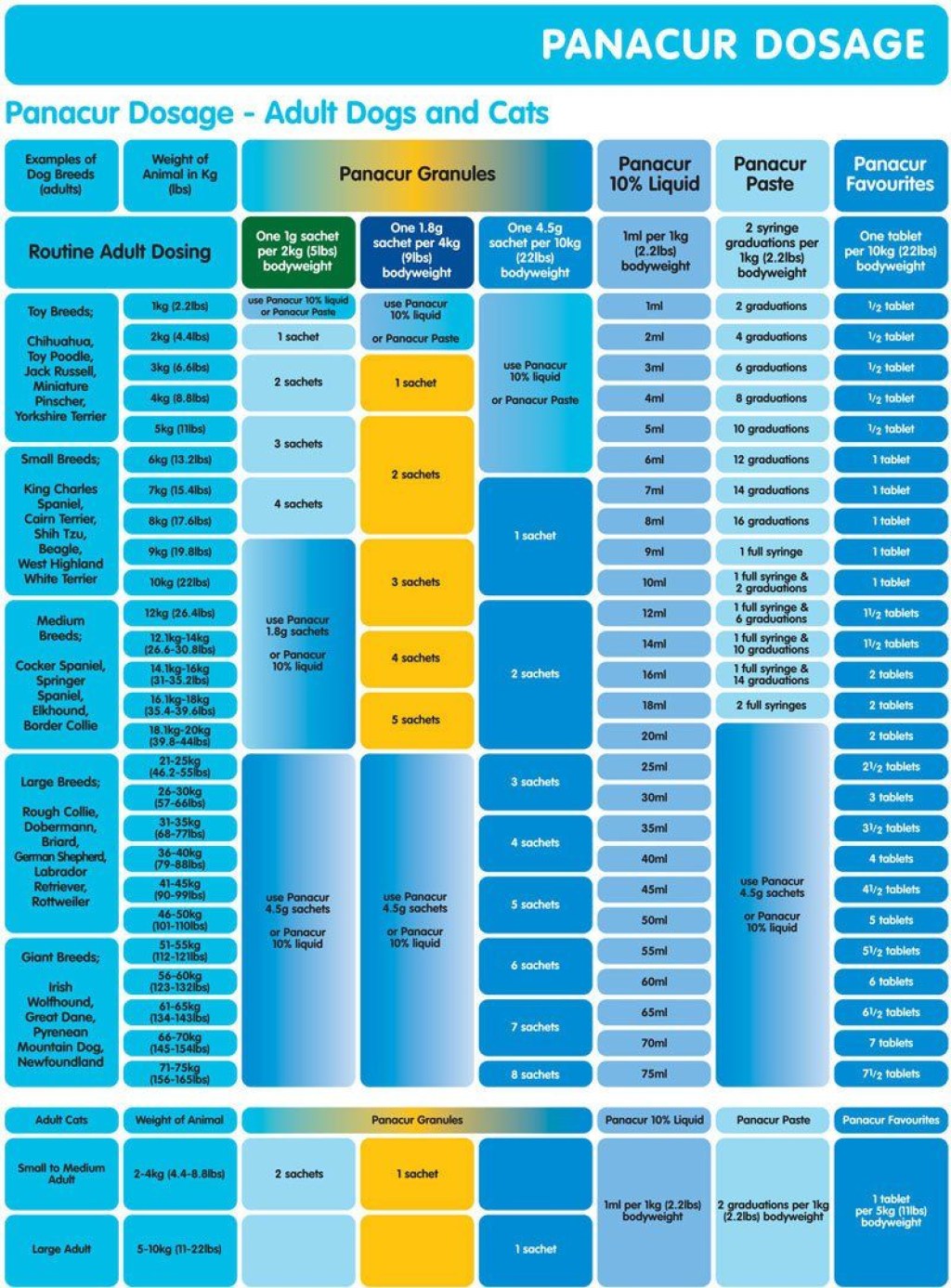Optimal Safeguard Dosage For Puppies: Ensure Their Health And Happiness Today!
Safeguard Dosage for Puppies: Ensuring the Health and Well-being of Your Furry Friends
Greetings, Puppies Lover! As a responsible pet owner, it is crucial to prioritize the health and well-being of our adorable furry friends. One essential aspect of puppy care is ensuring that they receive the proper dosage of safeguard medication. In this article, we will dive deep into the world of safeguard dosage for puppies, providing you with all the necessary information to keep your little ones healthy and protected.
Introduction
When it comes to safeguard dosage for puppies, it is important to understand the purpose and benefits of this medication. Safeguard, also known as fenbendazole, is a broad-spectrum dewormer commonly used to treat and prevent various gastrointestinal parasites in dogs, including puppies. It works by inhibiting the parasites’ ability to absorb nutrients, ultimately leading to their elimination from the body.
1 Picture Gallery: Optimal Safeguard Dosage For Puppies: Ensure Their Health And Happiness Today!

1️⃣ What is safeguard dosage for puppies?

Image Source: dreamydoodles.com
Safeguard dosage for puppies refers to the recommended amount of medication to be administered based on the puppy’s weight and age. It is crucial to follow the correct dosage guidelines to ensure the medication’s effectiveness and avoid any potential side effects.
2️⃣ Who should administer safeguard dosage for puppies?
The administration of safeguard dosage for puppies should be done under the guidance of a veterinarian. It is essential to consult with a professional who can accurately determine the appropriate dosage for your specific puppy based on their health condition, age, and weight.
3️⃣ When should safeguard dosage be given to puppies?
Safeguard dosage for puppies can vary depending on various factors, including the type of parasite being treated or prevented and the puppy’s age. Typically, puppies are dewormed at regular intervals, starting as early as two weeks of age, with subsequent treatments every two to three weeks until they reach a certain age, often around twelve weeks.
4️⃣ Where can you obtain safeguard dosage for puppies?
Safeguard dosage for puppies can be obtained from veterinary clinics, pet supply stores, or online pet pharmacies. However, it is essential to ensure that you are purchasing the medication from a reputable source to guarantee its authenticity and effectiveness.
5️⃣ Why is safeguard dosage important for puppies?
Safeguard dosage for puppies is crucial as it helps prevent and treat common gastrointestinal parasites that can affect their overall health and development. By following the recommended dosage guidelines, you can safeguard your puppy against potentially harmful parasites and ensure their well-being.
6️⃣ How should safeguard dosage for puppies be administered?
Safeguard dosage for puppies is typically administered orally in the form of a liquid or granules. It is important to carefully measure the dosage according to your puppy’s weight and follow the instructions provided by your veterinarian. Some medications may need to be mixed with food to ensure proper ingestion.
Advantages and Disadvantages of Safeguard Dosage for Puppies
1️⃣ Advantages of safeguard dosage for puppies
👍 Effective in treating and preventing a wide range of gastrointestinal parasites in puppies.
👍 Easy to administer, either in liquid or granule form.
👍 Usually well-tolerated by puppies with minimal side effects.
👍 Can be given to puppies at a young age to ensure early protection against parasites.
👍 Can be conveniently obtained from veterinary clinics, pet supply stores, and online pharmacies.
2️⃣ Disadvantages of safeguard dosage for puppies
👎 May cause mild side effects such as diarrhea, vomiting, or loss of appetite in some puppies.
👎 Some puppies may be allergic or hypersensitive to the medication.
👎 Overdosing can lead to potential complications, so accurate dosage measurements are crucial.
👎 Not suitable for puppies with certain health conditions or those on specific medications.
👎 Regular administration is necessary to maintain protection against parasites.
Frequently Asked Questions (FAQs)
1️⃣ FAQ: Can I give safeguard dosage to my newborn puppies?
Answer: It is generally not recommended to administer safeguard dosage to newborn puppies. They should be dewormed at a later age, following the guidance of a veterinarian.
2️⃣ FAQ: Can safeguard dosage be given to pregnant dogs?
Answer: Safeguard dosage should only be administered to pregnant dogs under the guidance and supervision of a veterinarian, as the dosage and timing may vary depending on the specific situation.
3️⃣ FAQ: Are there any alternatives to safeguard dosage for puppies?
Answer: Yes, there are alternative deworming medications available for puppies. However, their suitability and effectiveness should be discussed with a veterinarian.
4️⃣ FAQ: How long does it take for safeguard dosage to work?
Answer: The time it takes for safeguard dosage to take effect can vary depending on the type of parasite being treated. It is important to follow the full course of treatment as prescribed by your veterinarian.
5️⃣ FAQ: Can safeguard dosage be given to adult dogs?
Answer: Yes, safeguard dosage can be given to adult dogs. However, the dosage may differ from that of puppies, and it is crucial to consult with a veterinarian to determine the appropriate dosage.
Conclusion: Prioritize Your Puppy’s Health
In conclusion, safeguard dosage for puppies plays a vital role in maintaining their health and protecting them from gastrointestinal parasites. By following the correct dosage guidelines and consulting with a veterinarian, you can ensure that your furry friend receives the necessary treatment at the right time. Remember, a healthy puppy is a happy puppy!
Final Remarks
Disclaimer: The information provided in this article is for educational purposes only and should not substitute professional veterinary advice. Always consult with a veterinarian for personalized guidance regarding your puppy’s health and specific dosage requirements.
This post topic: Puppies



